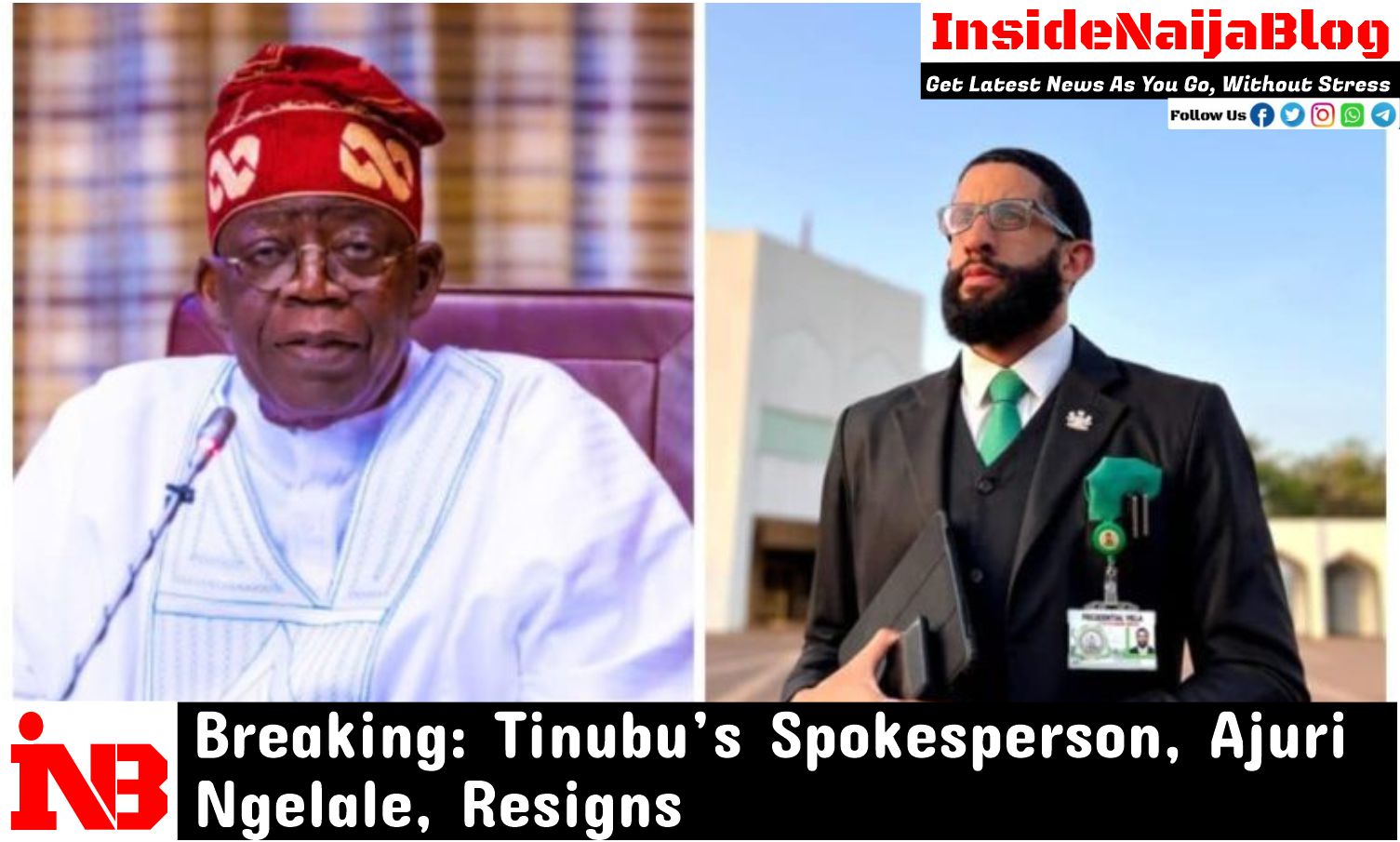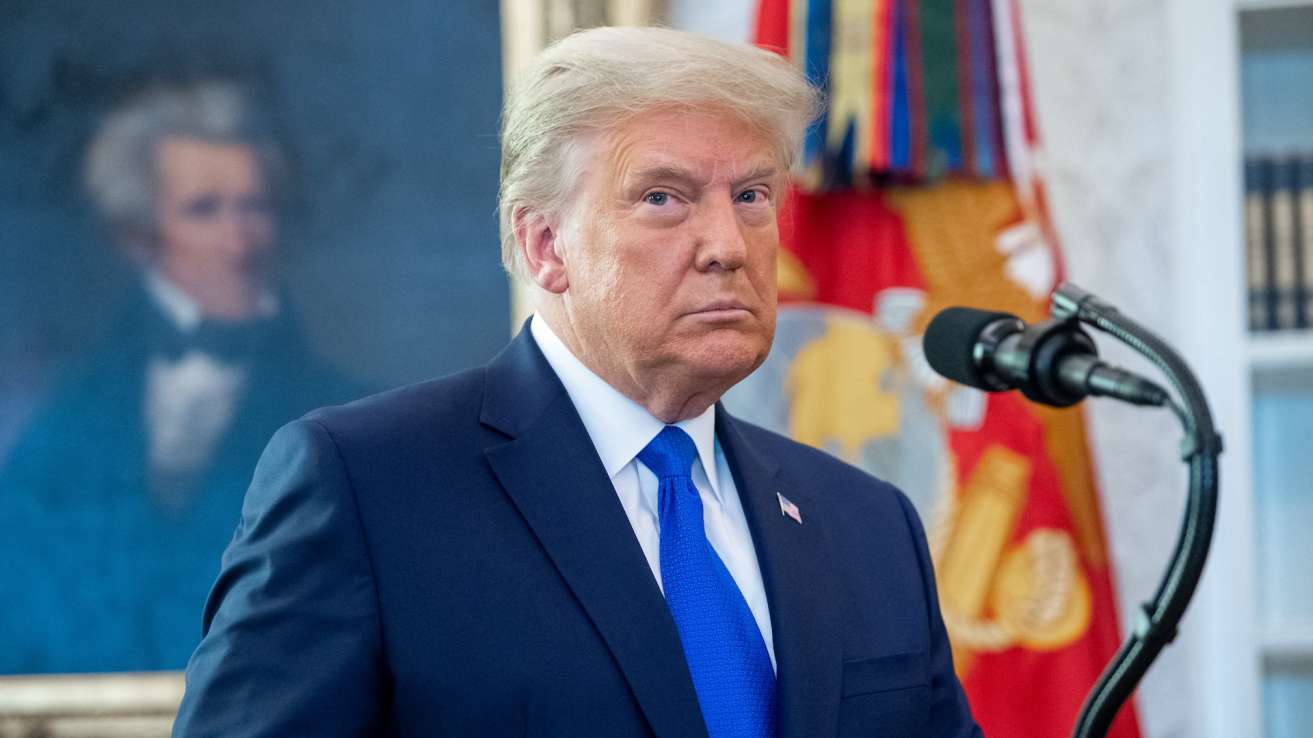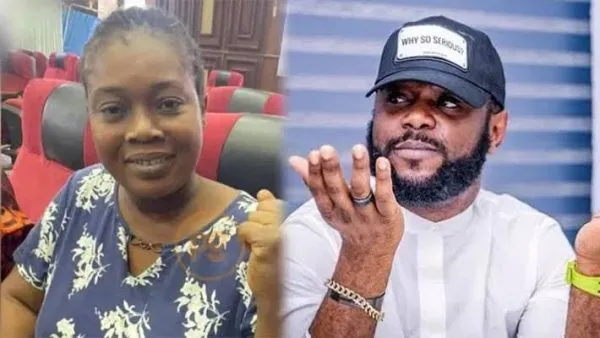The Nigerian government has struggled to convict terrorism suspects over the years, with newly released data revealing that between 2017 and 2024, only about 42.6% of terrorism-related cases resulted in convictions. Despite efforts by prosecutors, most suspects were either discharged due to a lack of evidence or procedural flaws in the legal system.
Between 2017 and 2024, 1,743 terrorism-related trials took place in Nigeria, according to the National Counter-Terrorism Centre. Of these, 742 resulted in convictions, while 888 suspects were discharged and acquitted. The remaining cases were either adjourned or still ongoing.
The Numbers Behind the Trials
Breaking down the figures, the government recorded:
- 2017: 50 convictions, 203 acquittals
- 2018: 316 convictions, 684 acquittals
- 2019-2024: The trend of acquittals due to insufficient evidence continued
Vanguard’s analysis of the cases showed that over 51.2% of terrorism suspects were freed, highlighting significant flaws in the prosecution process.
Why Are Convictions So Low?
There are several reasons why terrorism trials in Nigeria have not resulted in more convictions. These include:
- Poor Investigation and Evidence Collection
Security agencies often struggle to conduct thorough investigations, leading to weak cases. Many cases rely on confessional statements obtained under duress, which are often denied by the suspects in court. - Lack of Witness Protection
Witnesses in terrorism cases face threats and intimidation. Even though trials take place in military barracks, key witnesses often refuse to testify for fear of being targeted by terrorist groups. - Lack of Coordination Among Security Agencies
Different law enforcement agencies fail to collaborate effectively, leading to poorly documented arrests and incomplete case files. In some instances, suspects were released because evidence was misplaced or improperly handled. - Limited Forensic and Technological Capabilities
The absence of advanced forensic tools makes it difficult to gather solid evidence against terrorism suspects, especially those arrested long after their alleged crimes. - International Challenges
Many terrorism cases involve networks like Boko Haram and ISWAP, which operate across borders. Prosecuting these cases requires international cooperation, but bureaucratic challenges often slow the process.
Human Rights Concerns in Terrorism Trials
A report by Human Rights Watch (HRW) found major flaws in how Nigeria handles terrorism trials. Many suspects were prosecuted for providing non-violent support to Boko Haram, such as laundering clothes or supplying food. The trials were often rushed, sometimes lasting less than 15 minutes.
HRW also pointed out:
- Lack of proper interpreters for defendants who speak Hausa or Kanuri
- The use of confessions as primary evidence, even when denied by suspects
- The recharging of defendants who had previously been acquitted
- Unclear rehabilitation plans for suspects who were released
Legal Experts React
Prominent lawyers and legal experts have expressed concern over Nigeria’s approach to terrorism trials:
- Femi Falana, SAN, said many suspects were freed because the government had no concrete evidence against them. He also criticized the failure to prosecute individuals accused of sponsoring terrorism.
- Joseph Otteh, Executive Director of Access to Justice, questioned how so many convictions were secured in a short time, raising concerns about the fairness of trials.
- Uwaifo Hannibal, former President of the African Bar Association, blamed poor investigation for the high rate of acquittals, stating that many cases are lost even before charges are filed.
- Evans Ufeli, Executive Director of Cadrell Advocacy Centre, said corruption and outdated legal frameworks allow many suspects to escape justice.
Government’s Response
The Attorney General’s office defended its handling of the cases, saying:
- The courts, not the government, decide who is guilty or not.
- The prosecution did its job professionally, but the judges ultimately made the rulings.
- Rule of law must prevail, and suspects should not be convicted without sufficient evidence.
The Way Forward
Experts suggest several solutions to improve Nigeria’s terrorism trial process:
- Better Intelligence Gathering – Security agencies need to adopt modern investigative techniques to gather more solid evidence.
- Stronger Witness Protection – The government must ensure the safety of witnesses to encourage them to testify.
- Improved Legal Frameworks – Laws must be updated to close loopholes that allow suspects to walk free.
- Better Coordination Among Agencies – Law enforcement agencies must work together to build stronger cases.
- Investment in Forensic Technology – Advanced forensic tools should be used to analyze evidence and build stronger prosecutions.
The ongoing battle against terrorism in Nigeria is not just about arrests—it’s about ensuring that those who are guilty are convicted, while those who are innocent are not wrongfully detained. The current flaws in the system highlight the need for urgent reforms to ensure justice is served effectively




